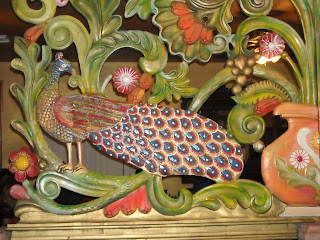“Word choice is the use of rich, colorful, precise language that communicates not just in a functional way, but in a way that moves and enlightens the reader. In good descriptive writing, strong word choice paints pictures in the reader’s mind. In informational writing, strong word choice clarifies, explains, and expands ideas. In persuasive writing, strong word choice compels the reader to see things clearly and, sometimes to agree with the reader. Effective word choice is characterized not so much by exceptional vocabulary as by the ability to use everyday language naturally and in a fresh or unexpected way.”
| AUSTIN, TX |







